In response to growing dissatisfaction with his leadership, Canadian Prime Minister Justin Trudeau announced his resignation as head of the Liberal Party on Monday. After the Conservative Party ruled for ten years, Trudeau became office in 2015.
During a press conference Trudeau stated, “I intend to resign as party leader as prime minister after the party selects its next leader through a robust, nationwide competitive process. This country deserves a real choice in the next election, and it has become clear to me that if I’m having to fight internal battles, I cannot be the best option in that election.”
Trudeau, 53, became one of Canada’s longest-serving prime ministers after winning two terms in office after taking office in November 2015.
As US President-elect Donald Trump threatens to impose 25% tariffs on all Canadian goods if the government does not stop what the Republican describes as a drug and migrant flow in the US, Trudeau has decided to resign. This is despite the fact that far fewer people enter the US from Canada than from Mexico, which Trump has also threatened.
Chrystia Freeland revealed last month that she was leaving her position as finance minister from the cabinet on December 16, criticising some of Trudeau’s economic priorities in the face of Trump’s threats.
























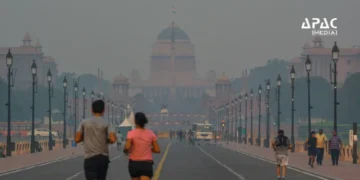



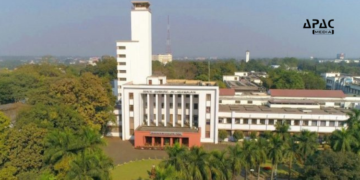





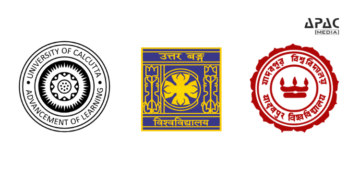





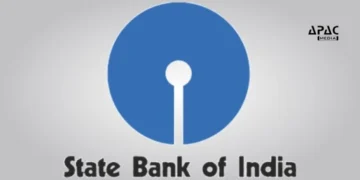














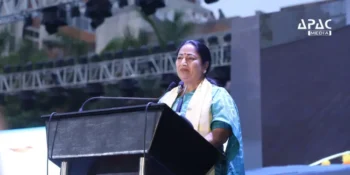







Discussion about this post